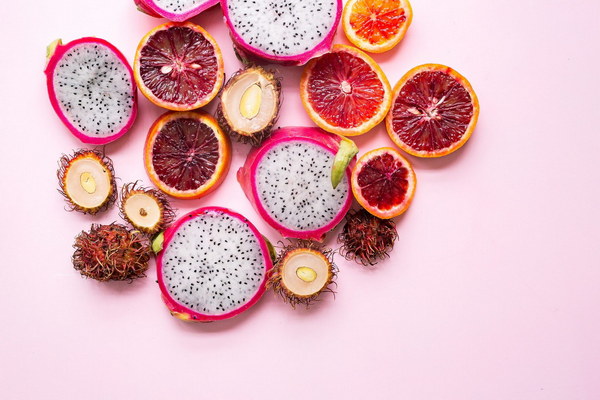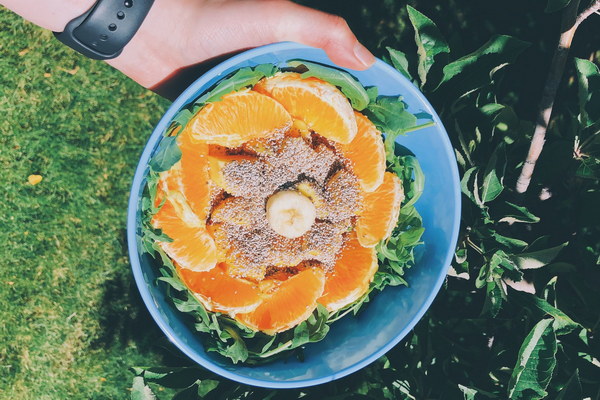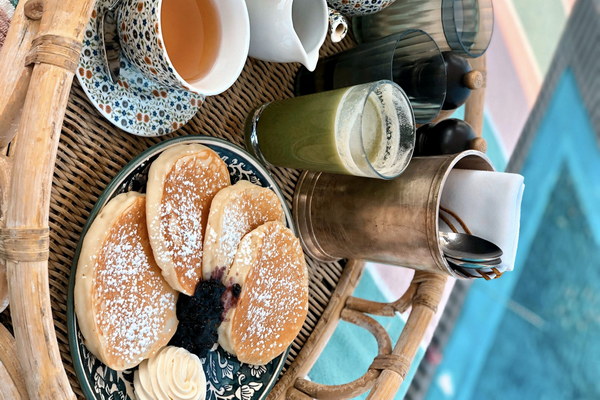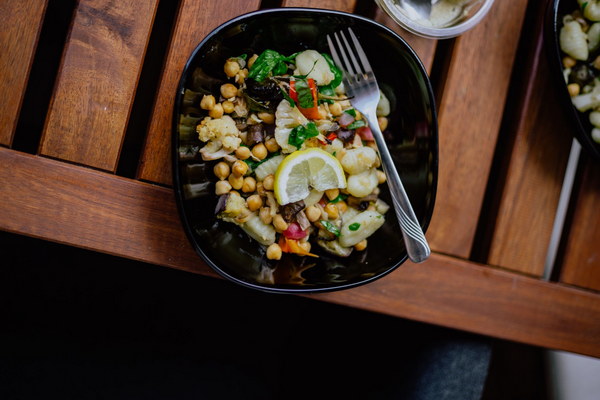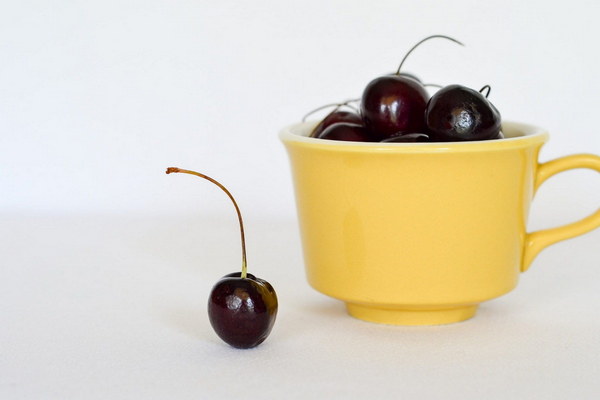Which is Better Winter Tonifying Supplements or Herbal Diet Therapy
Winter is the season when the body's energy needs to be replenished and strengthened to prepare for the cold months ahead. The debate between using winter tonifying supplements and herbal diet therapy has been ongoing for years. In this article, we will explore the pros and cons of both methods to help you make an informed decision on which one is better for you.
Winter tonifying supplements are products designed to boost the body's energy and immune system during the cold season. They are available in various forms, such as capsules, powders, and extracts, and can be made from natural ingredients like ginseng, goji berries, and cod liver oil. On the other hand, herbal diet therapy involves incorporating specific herbs and foods into your diet to balance your body's energy and improve overall health.
One advantage of winter tonifying supplements is that they are often formulated to target specific health concerns. For example, some supplements may help boost the immune system, improve circulation, or enhance energy levels. This targeted approach can be beneficial for individuals with specific needs or conditions. Moreover, supplements are convenient and easy to use, as they can be taken at any time and do not require any dietary restrictions.
However, winter tonifying supplements may also have some drawbacks. Firstly, the quality and purity of these products can vary greatly, which can lead to adverse effects or lack of desired results. Secondly, some individuals may experience side effects such as gastrointestinal discomfort or allergic reactions. Lastly, relying solely on supplements may not address the root causes of health issues, and a holistic approach that includes diet, exercise, and lifestyle changes is often more effective.
Herbal diet therapy, on the other hand, offers a more comprehensive and natural approach to winter health. By incorporating herbs and foods that have been used for centuries in traditional medicine, individuals can balance their body's energy and improve their overall well-being. This method is based on the principle that certain foods and herbs have specific properties that can help the body adapt to the cold season.
One of the main benefits of herbal diet therapy is its focus on holistic health. By addressing the body's imbalances, individuals may experience long-term health improvements. Additionally, herbal diet therapy can be tailored to individual needs, as different herbs and foods have unique properties and benefits. For instance, some herbs may help to warm the body, while others may aid in digestion or reduce inflammation.
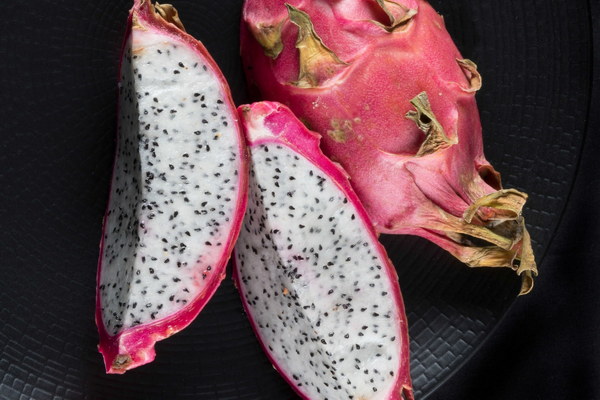
However, herbal diet therapy also has its limitations. It can be time-consuming to research and prepare the appropriate diet, and it may require a significant commitment to follow the recommended dietary changes. Moreover, some individuals may have allergies or sensitivities to certain herbs, which can make this method less suitable for them.
In conclusion, both winter tonifying supplements and herbal diet therapy offer viable options for improving health during the cold season. The choice between the two depends on individual needs, preferences, and health goals.
If convenience and targeted treatment are your priorities, winter tonifying supplements may be the better choice. However, if you seek a more holistic approach and are willing to invest time and effort into your diet, herbal diet therapy may be more suitable.
Ultimately, the best approach is to consult with a healthcare professional or a certified herbalist to determine which method is most appropriate for you. They can provide personalized advice based on your health history, dietary preferences, and specific concerns. Remember, a balanced approach that includes a healthy diet, regular exercise, and adequate rest is essential for maintaining optimal health throughout the winter months.
